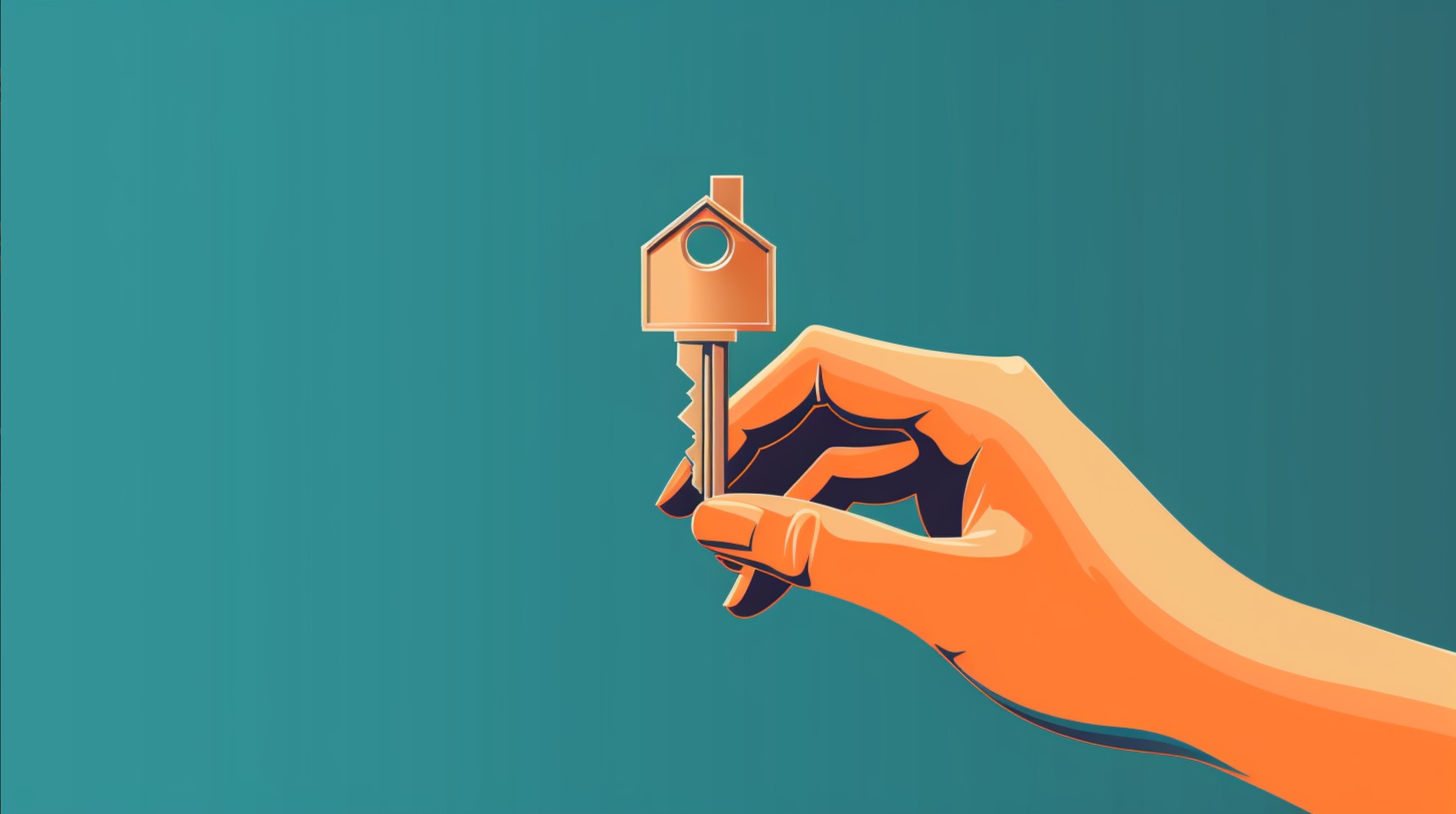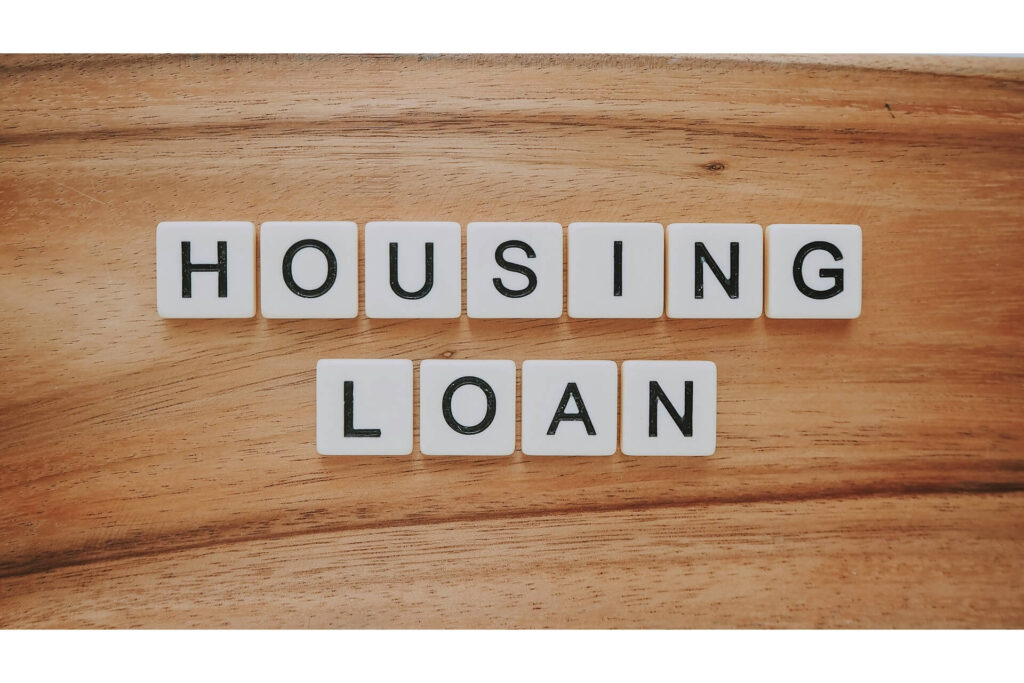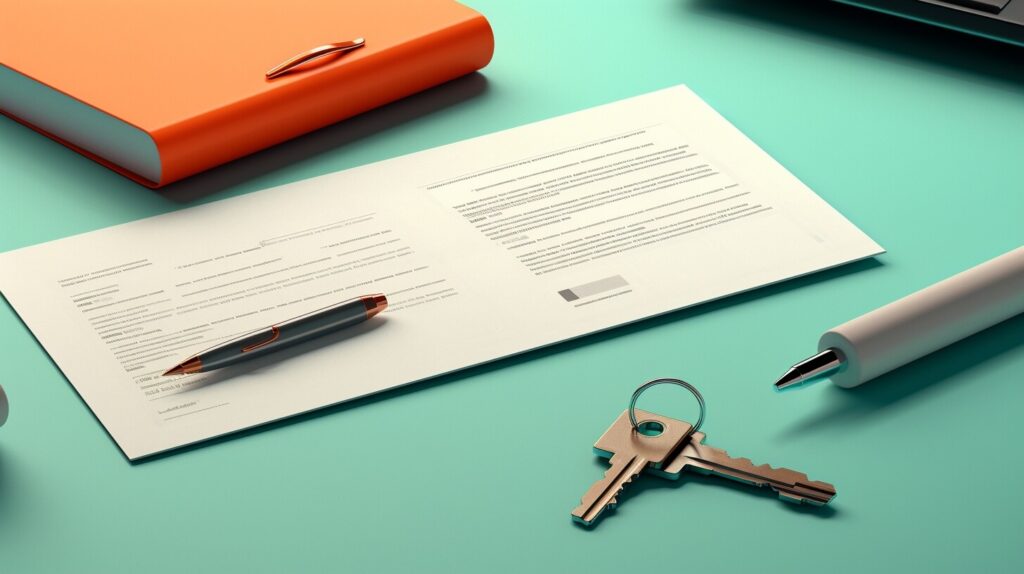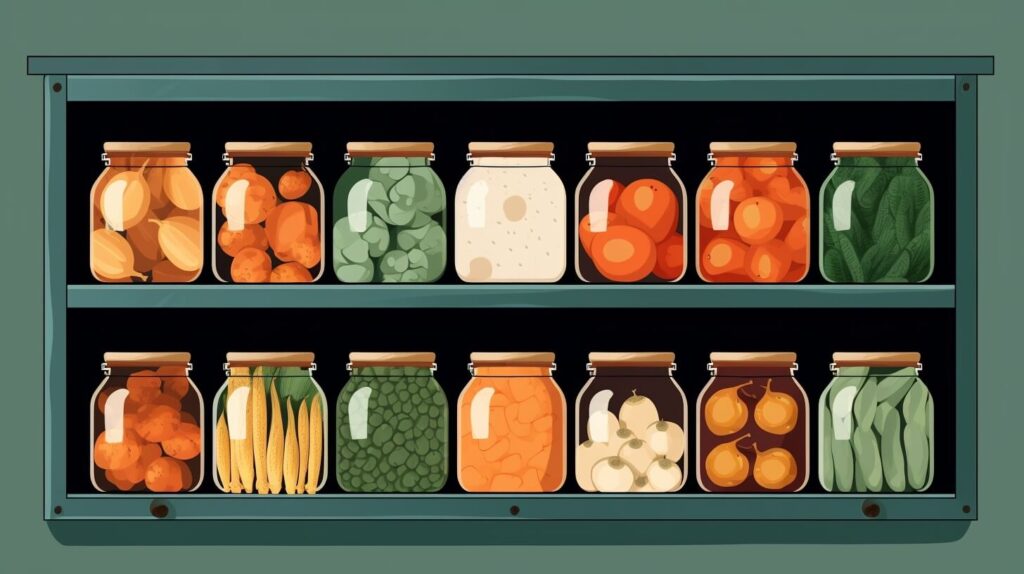
We are reader-supported. When you buy through links on our site, we may earn an affiliate commission.
If you’ve never owned a house, seeing the eye-watering property prices in most real estate markets makes it easy to think the universe doesn’t want you to be a homeowner. As discouraging as it may be, it’s not the case. Various first-time home buyer financing options are available to help fund your purchase entirely or partially. Consider these 11 as you explore avenues for home ownership.
1. Cash

The simplest way to buy a house is with cash. In April 2023, 33.4% of homebuyers did. An all-cash transaction lets you skip the taxing mortgage process, avoid interest payments and miscellaneous fees, and negotiate for the best deal because you can close fast. However, think twice about being a cash buyer, even if you have the means to be one.
Cutting a check big enough to buy any house is trading a liquid asset with an illiquid one. Your home can grow your wealth through appreciation, but it’s difficult to cash out. When you resell, there’s no guarantee you can lure a fellow cash buyer and get your money back in your bank account fast.
There’s also an opportunity cost. Parking cash on more liquid investments with more promising returns may be a better wealth-building strategy.
Mortgage debt isn’t all bad. Servicing it allows you to lower your tax liability. The value of your fixed monthly payments decreases over time due to inflation.
2. Conventional Mortgages
These are the most popular kinds of mortgages. They either conform to the Federal Housing Finance Agency’s annual dollar limits or don’t. Either way, the federal government doesn’t guarantee them.
Conventional home loans usually have lower interest rates than their government-insured counterparts. However, they have stricter lending criteria. Their lenders typically want larger down payments, higher credit scores and lower debt-to-income ratios.
If you take out a nonconforming conventional mortgage, you may need a credit score of 701 but can borrow more to buy a more expensive house.
3. Government-Insured Mortgages

These are the home loan programs the Federal Housing Administration (FHA), United States Department of Agriculture (USDA) and U.S. Department of Veterans Affairs (VA) offer.
They mostly have laxer requirements but can have restrictions. For example, USDA loans are an option if you’re willing to buy a property in an eligible suburban town or rural area, whereas only active servicemembers, veterans and their surviving spouses can qualify for VA mortgages.
4. Specialty Programs
Government-sponsored enterprises Fannie Mae and Freddie Mac offer low-down payment mortgage programs with extraordinary features and unique purposes.
For instance, you can apply for a HomePath Ready Buyer program to buy a foreclosed house on Fannie Mae’s books. Freddie Mac’s Home Possible is perfect if you have a credit score of 660 or higher but earn 80% less than your area’s median income.
5. Cryptocurrency

If you hold a substantial amount of a high-cap crypto, like BTC, ETH or USDC, you may find a home seller who would accept it instead of cash as payment.
Most real estate transactions still happen the traditional way, but this type of first-time home buyer financing is gaining traction. The number of people who hold this asset went from 3% in 2021 to 11% in 2022. About 20% of them admit to having at least half of their financial wealth in this digital currency.
If you want to own a house and keep your cryptocurrency holdings intact, you can find lenders on decentralized finance platforms. They let you pledge your crypto assets as security for your mortgage.
6. Unsecured Loans
You can buy a low-cost house using funds from a personal loan or a cash advance. These financial products are typically unsecured, so there’s no collateral involved.
However, personal loans and credit cards are unsuitable for home purchases in general. They have high interest rates and short terms to compensate for being unsecured. In other words, they cost more to borrow and come with less manageable monthly payments.
Moreover, you can’t use either to cover your down payment. The amount you put down must come from your own pocket, not through credit. Borrowing funds before applying for a mortgage makes you less creditworthy because your debt-to-income ratio increases and you get a ding on your credit.
7. Gifts
Monetary donations are acceptable funds to cover all or some of your down payment or closing costs. Only some parties can be donors, though. Mortgage lenders usually let you take money from family members, close friends, an employer, a labor union or a charity. You must submit a gift letter containing your donor’s name, contact information, relationship to you, donation amount and a statement saying they don’t seek repayment.
Equity is another form of gift. Here’s how it works — you can buy a house from a seller close to you. The seller agrees to part ways with it for less than its market value. The discount counts toward your down payment.
Gifts of equity have no limit. If the seller agrees to accept at least 20% less than what the house is worth, you’ll avoid paying private mortgage insurance.
8. Grants
Grants are like gifts, except they’re reciprocal. An excellent case in point is the National Homebuyers Fund, which can sponsor you with up to 5% of your home’s purchase price — on condition that you treat it as your primary residence for at least five years.
9. Individual Retirement Accounts (IRAs)
As a first-time home buyer, you can prematurely withdraw up to $10,000 from your traditional IRA or Roth IRA penalty-free. You can use the funds to pay for your down payment or cover a portion of your house’s building costs.
10. Stimulus Programs
The U.S. Congress occasionally proposes bills to make it easy for first-home home buyers to gain a foothold in the property market. Some extend assistance through tax credits or cash grants.
A notable example was the Obama administration’s Housing and Economic Recovery Act, whose first-time home buyer tax credit went from $7,500 in 2008 to $8,000 in 2009. In its last year, interested parties could opt for a home loan instead of a tax credit.
11. Seller Concessions
A seller who wants to complete the sale can financially contribute to the buyer’s closing cost payment. The caveat is the sale price will slightly increase. In short, a seller concession isn’t free money. It’s more of a loan you roll into your mortgage debt in exchange for having more cash at closing to close the deal.
Which First-Time Home Buyer Financing Options Suit You?
Many Americans defer homeownership due to financial constraints. If you can’t wait any longer and want to end your renting days or fly the nest, consider these 11 to afford a place you can call your own.







